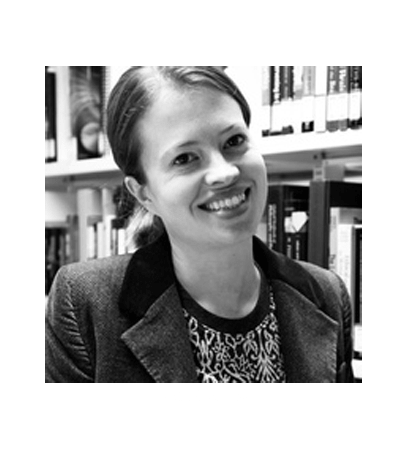- Jul 8, 2020
- 00:06:50
History of Science ON CALL: Anna Elsner
- Anna Elsner
- Research Communication and Management
- History of Science ON CALL: Listening, Attending, Acting
 Dr. Anna Elsner, scholar of French literature, philosophy, and film, discusses the following questions for the History of Science ON CALL project:
Dr. Anna Elsner, scholar of French literature, philosophy, and film, discusses the following questions for the History of Science ON CALL project:
- Has the pandemic changed the way we die?
- What is the biggest intellectual puzzle and personal challenge that the current crisis has raised for you?
- How has COVID-19 shaped your research process and collaborations?
- Why is scholarship in literature crucial for informing the future?
Profile: Anna Elsner
Anna Magdalena Elsner, PhD is a Swiss National Science Foundation Marie Heim-Vögtlin research fellow at the University of Zurich, affiliated with the Institute of Romance Studies and the Institute of Biomedical Ethics and History of Medicine, as well as an Associate Member of the Centre for Humanities and Health at King’s College London. Her current research project seeks to bring to light how palliative care has shaped autobiographical writing, documentary film, and photography in France since 1975. It aims to show how our understanding of contemporary French literature and culture shifts when we account for palliative care’s hidden but pervasive presence. She was previously a Leverhulme Early Career fellow at the Department of French at King’s College London and the Joanna Randall McIver Junior Research Fellow at St Hugh’s College, Oxford University. After a BA in Philosophy and Modern Languages at Oxford University, an MPhil in European Literature and Culture at Cambridge University, she received her PhD in French literature and philosophy from Cambridge University in 2011.
About the History of Science ON CALL Project
History of Science ON CALL aggregates and amplifies two streams of information—Research and Education—relevant to crises, including chronic disasters. The Research stream consists of short-format video interviews while the Education stream seeks to aggregate and introduce known resources and materials—scholarship and teaching tools—in order to amplify their reach.
